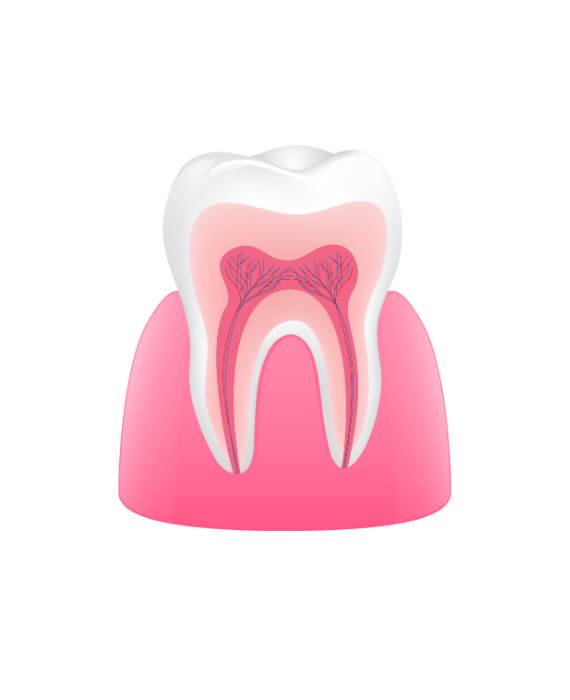- 1717 W Northern Ave, Suite 109, Phoenix, AZ 85021
- dentxdental@outlook.com
Proven treatments. Natural results. See for yourself…
Your teeth’s degree of looseness or wiggliness is referred to as mobility. Normally, your teeth shouldn’t move around in your jawbone and should be firmly anchored there. But if your teeth feel loose, you can have gum disease or another dental issue.
The most frequent factor for teeth to move is gum disease. When you have gum disease, oral bacteria can infect your gums, resulting in inflammation and gums that pull away from your teeth. As a result, bacterial pockets may grow between your gums and teeth, which may cause your teeth to loosen up.
Injuries to the mouth, such as those caused by accidents, teeth grinding or clenching, and bone loss in the jaw due to certain medical diseases are other factors that can cause teeth to move.
It’s crucial to visit a dentist right away if you feel that your teeth are loose or moving about. To assist keep your teeth healthy and firmly anchored in your mouth, they can assess the reason of the mobility and propose the best course of therapy.

When you have a loose tooth, it’s essential to seek treatment promptly to prevent further damage and potential tooth loss. At our dental practice, we offer effective treatments to address loose teeth and restore stability to your smile.
Our experienced dentists will evaluate the underlying cause of your loose tooth and recommend the most suitable treatment option for your specific situation. Here are some common treatments for loose teeth:
This involves bonding the loose tooth to adjacent stable teeth using a splinting material, such as a wire or composite resin. The splint provides support and stability to the loose tooth, allowing it to heal and tighten over time.
Sometimes, an improper bite or teeth misalignment can contribute to loose teeth. Our dentists can make necessary adjustments to your bite to redistribute forces evenly, reducing the strain on the loose tooth.
If gum disease is causing the looseness, a deep cleaning procedure called scaling and root planing may be recommended. It removes plaque and tartar buildup below the gumline, allowing the gums to heal and reattach to the tooth roots.
In cases where gum disease has progressed, more extensive treatment may be necessary. Our dentists can provide comprehensive gum disease treatment, including scaling, root planing, and, if needed, surgical interventions to address the underlying infection and restore gum health.
In situations where misaligned teeth contribute to tooth looseness, orthodontic treatment may be recommended. Straightening the teeth can improve their alignment, reducing the strain on the loose tooth and promoting stability.
Remember, loose teeth should never be ignored, as they can lead to tooth loss and other oral health complications. Our skilled dental team is here to provide personalized care and guide you through the treatment process, ensuring the best possible outcome for your oral health.
Don’t delay seeking treatment for your loose tooth. Contact us today to schedule an appointment and take the first step towards a stable and healthy smile.
Get Answers to Your Frequently Asked Questions About Loose Teeth
Gum disease is the most typical cause of tooth shifting. Additionally, mouth trauma, teeth grinding or clenching, and bone loss in the jaw caused by specific medical diseases can all contribute to teeth movement.
Dentists examine the amount of movement in your teeth using specialised instruments to determine how mobile they are. To determine the degree of bone support surrounding your teeth, they might also take x-rays.
Only in extremely rare circumstances may tooth mobility be stopped in its early phases. This can be accomplished by having your teeth professionally cleaned and scaled, adopting better oral hygiene practises, and receiving additional dental treatments like antibiotics or periodontal surgery. However, it might not be reversible if dental mobility is brought on by other reasons, like bone loss.
If teeth mobility is not treated, it can result in tooth loss, gum recession, and jaw bone loss. Additionally, it could be more challenging to comfortably speak, eat, and smile.
The best approach to stop teeth from moving is to maintain proper oral hygiene practises, like routinely brushing and flossing, using mouthwash, and visiting your dentist for examinations and cleanings on a regular basis. Additionally, you ought to refrain from practises like smoking and using your teeth as tools for opening things that can harm your teeth and gums.








Take the first step towards a healthier and brighter smile by reaching out to us without delay.